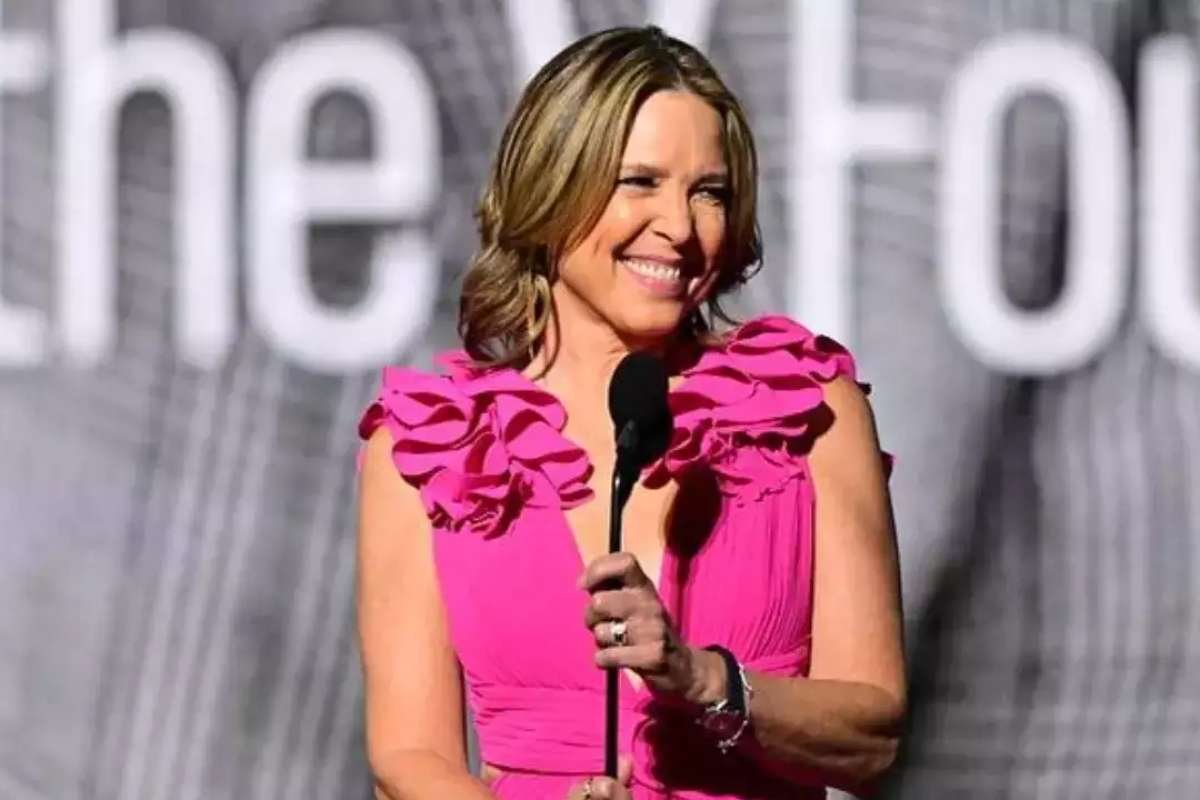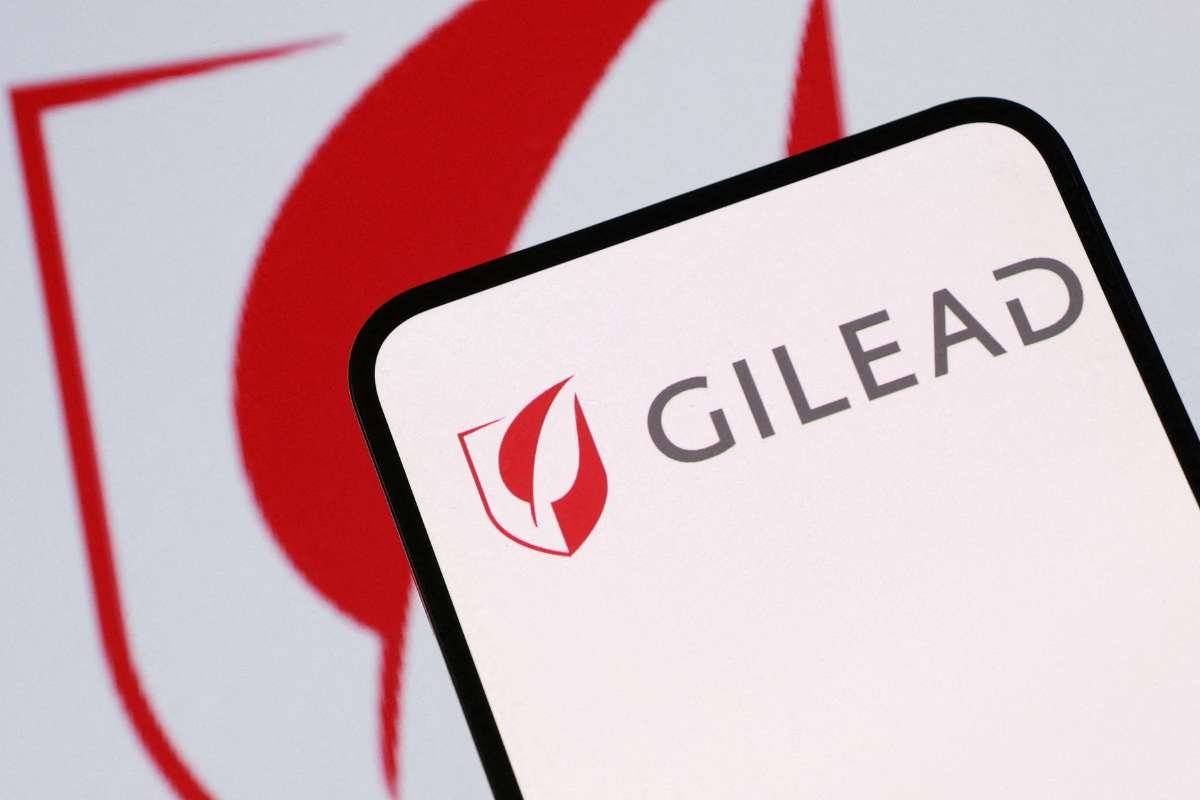A Shocking Diagnosis
Veteran sports journalist Hannah Storm has long been a confident voice in the industry, but her breast cancer diagnosis in early 2024 left her momentarily speechless. At 62, Storm had always been proactive about her health, undergoing routine screenings despite having no symptoms or family history of the disease. However, during a routine check-up, doctors detected non-invasive ductal carcinoma in situ (DCIS), a form of breast cancer where cancerous cells form in the milk ducts.
Hannah Storm was stunned. “It came out of the blue,” she shared. Over the years, she had consistently undergone mammograms and ultrasounds, yet nothing concerning had ever surfaced until this point. Determined to take control of her health, she reached out to a close friend, a former professional tennis player who had faced ovarian cancer. The connection led her to an experienced specialist, who reassured her that her condition was treatable. The relief from those words helped her regain composure and focus on the next steps, including a lumpectomy and a discussion about genetic testing, a topic she initially knew little about.
Genetic testing turned out to be a pivotal moment for Storm. A simple blood test provided a wealth of information, confirming that early detection had been a lifesaver. Studies suggest that while many women believe they have no family history of breast or ovarian cancer, they often lack full knowledge of their genetic predispositions.
Understanding and Managing Risk
Hannah Storm has since dedicated herself to raising awareness about hereditary cancer risks and the importance of early detection. Partnering with Myriad Genetics’ MyRisk with RiskScore, she is encouraging people to take control of their health by learning about their genetic predisposition. The test evaluates 48 genes associated with 11 types of hereditary cancers, offering crucial insight for those at potential risk.
While some might fear discovering their genetic risks, Storm believes knowledge is empowering. “People think, ‘I don’t want to know; it’s too scary.’ But I see it as a way to take charge of your future,” she explained. For those found to be at a higher risk, she emphasizes the importance of being proactive rather than panicking. Having precise scientific data allows patients and doctors to create personalized health plans, which may include earlier screenings or more frequent check-ups.
Storm is passing this knowledge on to her three daughters, who will be undergoing the Myriad test themselves. She hopes that by sharing her experience, more people—especially younger generations—will prioritize their health and take preventive action.
Prioritizing Preventative Care
Another key lesson Hannah Storm has learned is the importance of treating health check-ups with the same urgency as professional responsibilities. She has observed that many people, particularly women, put their health last while managing careers and family responsibilities. “We take care of everyone else and forget about ourselves,” she said. She encourages male athletes she works with to remind their partners to keep up with regular health screenings.
In addition to routine check-ups, Hannah Storm emphasizes maintaining a healthy lifestyle. She has always been active and now follows a daily weight-lifting regimen for bone health. A recent hip replacement following her breast cancer surgery has required physical therapy, but she continues to stay fit through cycling and walking. Moreover, she has become more mindful of processed foods, though she has always prioritized a balanced diet.
Storm’s resilience extends beyond her health journey. Her early career in sports journalism came with challenges, but she remained determined, breaking barriers for women in the industry. Now, she applies that same tenacity to advocating for health awareness, encouraging others to take charge of their well-being.
While she won’t be covering the Super Bowl this year, Hannah Storm will be enjoying the game at home, hosting her annual watch party. As she looks ahead, she remains committed to using her platform to educate others on the importance of preventative care and early detection.







